Bansko attracts digital nomads from all over the world with its high-speed Internet, well arranged coworking spaces and its low prices. A working traveler spends around a month, on average, at a given location. But many enjoy their time in the resort in the foothills of Mount Pirin so much that they extend their stay, or even remain permanently. 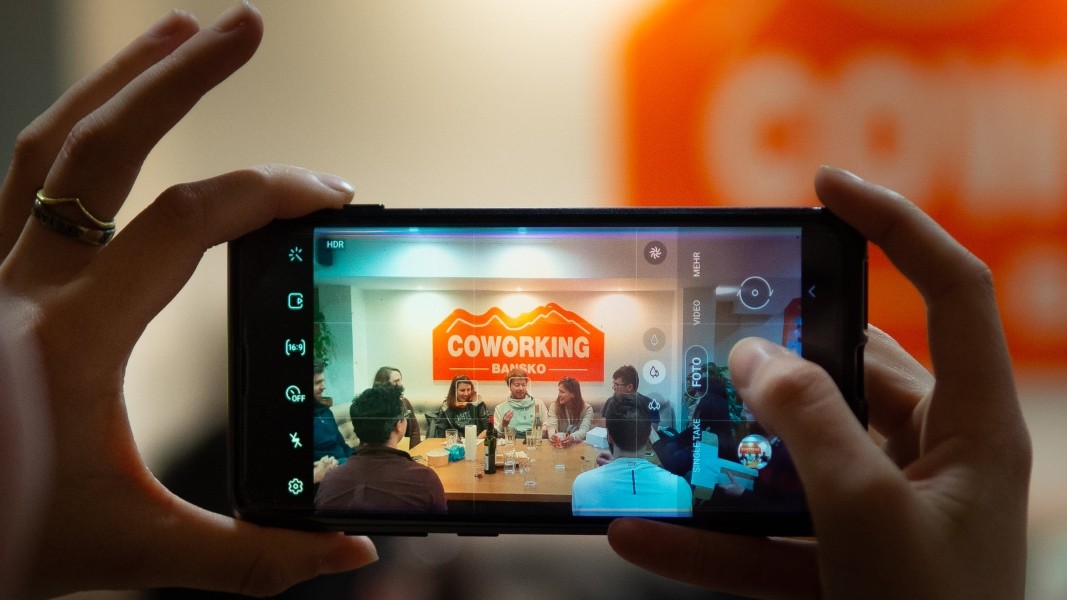
Maria Stoyanova, content and communications manager at Travel Massive, the go-to network for travel industry founders, leaders and creators, is one such person. Last autumn, as coronavirus restrictions were imposed, she moved to Bansko to join a multinational community of 150-200 digital nomads, most of them from the EU. Some of them are self-employed and run their own businesses, others work for different companies remotely in the urban coworking spaces.
“One of the advantages is that we are part of the EU, though we are outside the Schengen area, and it is convenient for many travelers outside Europe to come here for longer periods. One other thing – taxes in Bulgaria are low – income tax is 10%. For the people who run a business of their own remote work is very convenient, and they opt to register their companies here. So that Bansko is well positioned on the world digital nomads map,” Maria says.
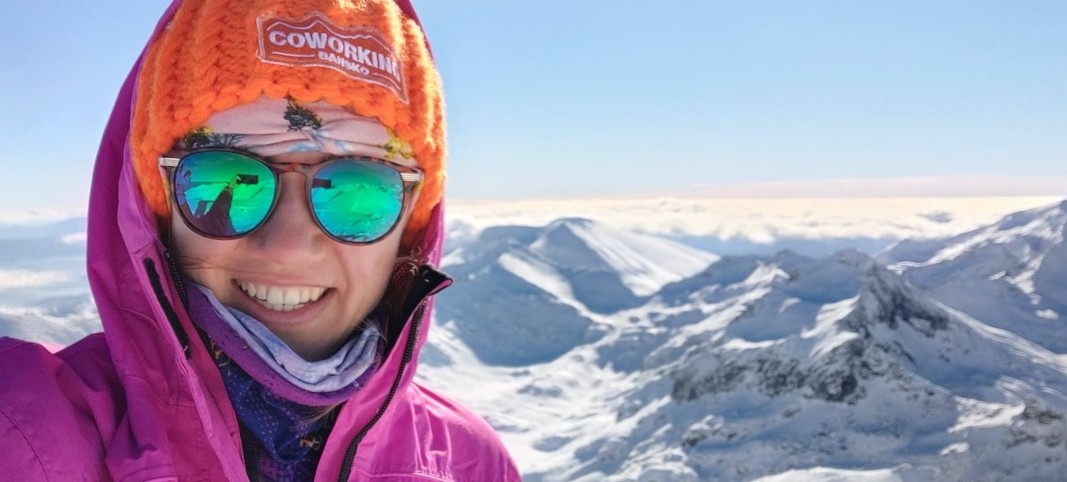
In the small resort town there lives a close-knit community of people who have “broken the chain” and who see freedom as the ultimate end. Because other than the excellent infrastructure and the low rent, they opt to come to the town because here they will find a community of like-minded nomads, people to spend their free time with. Mount Pirin, on the other hand, offers excellent sporting and recreation conditions. In winter, Maria and her friends combine remote work from Bansko with skiing and snowboarding. In summer they go mountain hiking.
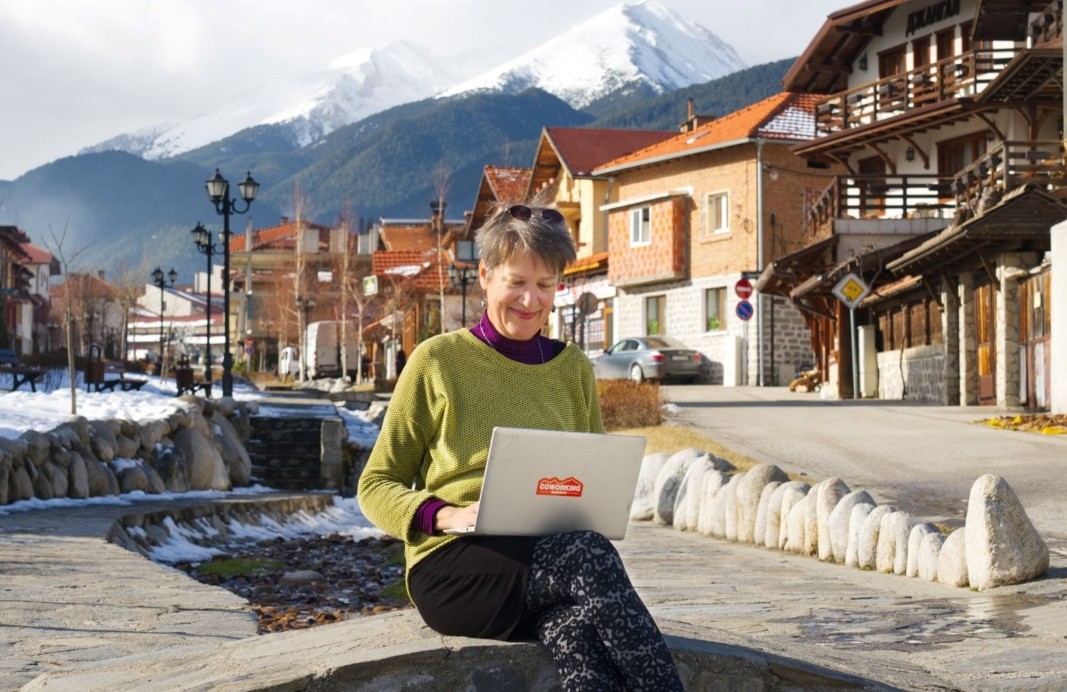
“The principal place where we meet is the coworking office. Every digital nomad is free to choose whether to be a member for a monthly fee, our “club” now, in summer, has about 150 members. And every day we have different events together. For example – on Mondays we have board games, on Thursdays we go to the hot mineral springs in the nearby villages, Friday is barbecue day. So that every day is colourful – you meet people, forge friendships,” Maria Stoyanova says.
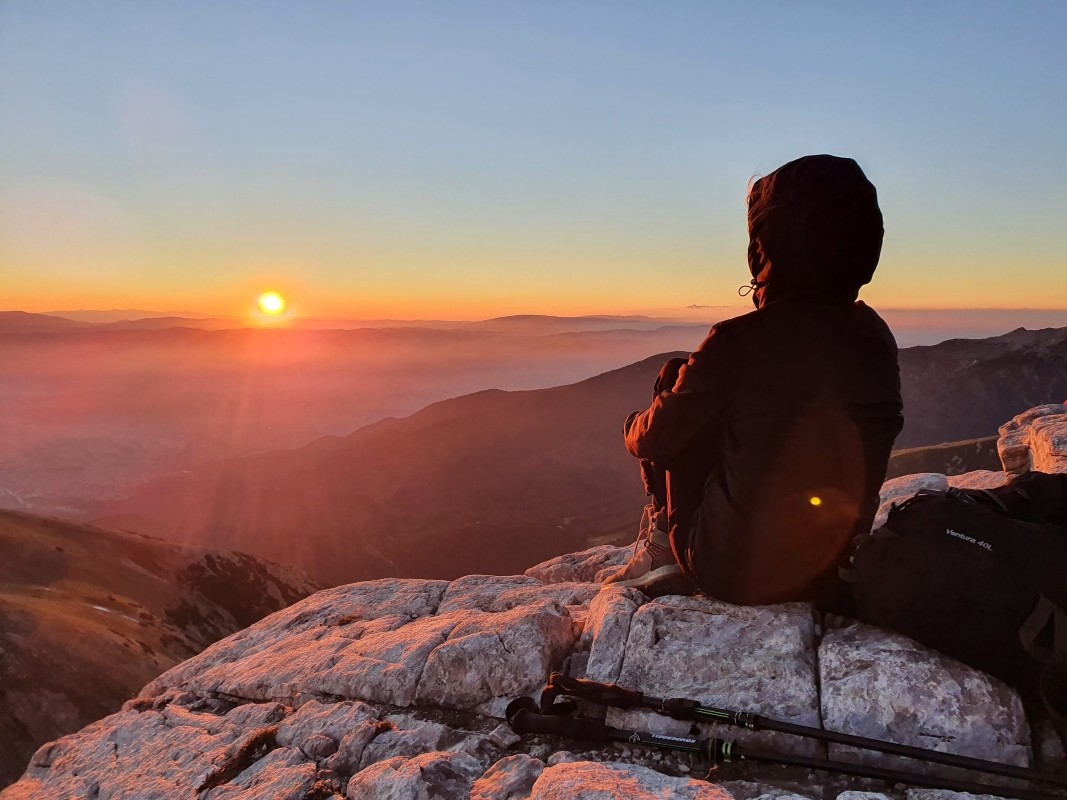
Thanks to the growing stream of digital nomads and their new way of thinking, the town too is beginning to change. For example – until 3-4 years ago things like vegetarian or vegan food was unheard of here. Now there is a choice of all kinds of restaurants, Maria says and adds:
“It is so cool to see that Bansko is changing, and for Bulgaria that is good news! Bansko is now a year-round destination with so many events taking place in summer too.”
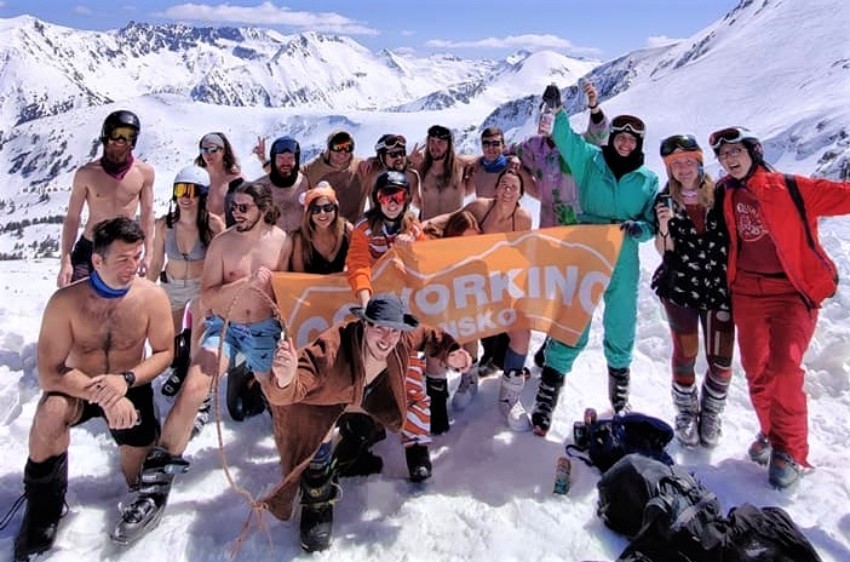
Photos: Maria Stoyanova
The Bulgarian minority in Romania marked a significant event with the official opening of the Bulgarian Inn in the village of Izvoarele (Hanul Bilgarilor), Teleorman County (Southern Romania)- a locality with Bulgarian roots dating back over 200 years...
The 14th edition of DiVino.Taste, Bulgaria’s leading forum for wines and winemakers, will take place from 28 to 30 November at the Inter Expo Centre in Sofia. Over 80 producers from all wine regions will participate, offering tastings of around 600 of the..
Minutes before the second and final reading, at the parliamentary budget and finance committee, of the state budget for 2026, the leader of the biggest party represented in parliament GERB Boyko Borissov halted the procedure and sent the draft bill..

+359 2 9336 661
